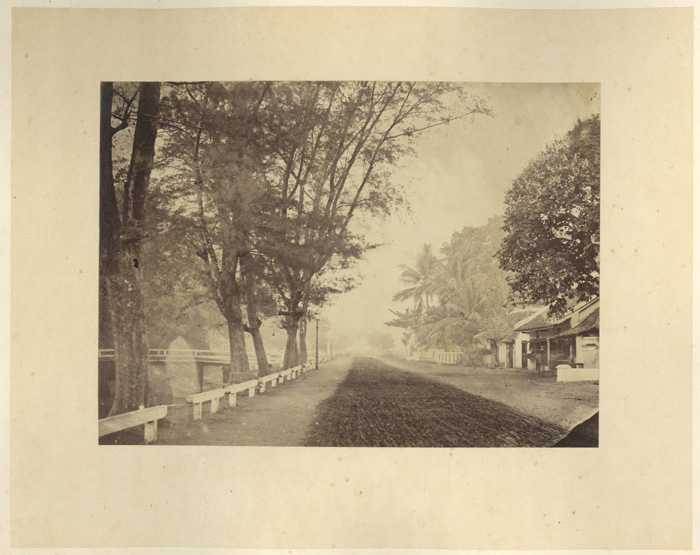Worthington (Mass.) Tavern Account Book
1826-1854
1 vol. 0.2 linear feet
Call no.: MS 421 bd
By the turn of the nineteenth century, the Hampshire County town of Worthington, Massachusetts, was a significant crossroads on the Boston-Albany Turnpike, belying its small size. The population in Worthington peaked at barely over 1,000 in 1810, and declined slowly thereafter, although it remained an active stopover on the road for many years.
This standard double column account book provides a concentrated record of financial and other transactions in the antebellum period, probably associated with a tavern in Worthington, Mass. Although the ledger’s keeper is unidentified, it records an assortment of odd jobs filing saws, smoking meat, lending horses, carting, pasturing cattle, and tending sheep, along with the sale of significant quantities of beer and cider and a regular stream of hard brandy and rum. There are records as well of providing meals and, in one instance, caring for prisoners and their keepers overnight (p. 21). Most of the clients who can be positively identified were residents of Worthington (e.g., Persis Knapp, Chauncy B. Rising, Nathan Searl, Shubal Parish, Elisha H. Brewster, Addison D. Perry, Merritt Hall, and Otis Boies), however others are noted as wayfarers, passing through from towns such as Whately or Hadley. Clients settled their accounts with a motley mixture of cash, goods, and labor.
Subjects
Taverns (Inns)--Massachusetts--WorthingtonWorthington (Mass.)--Economic conditions--19th centuryTypes of material
Account books


